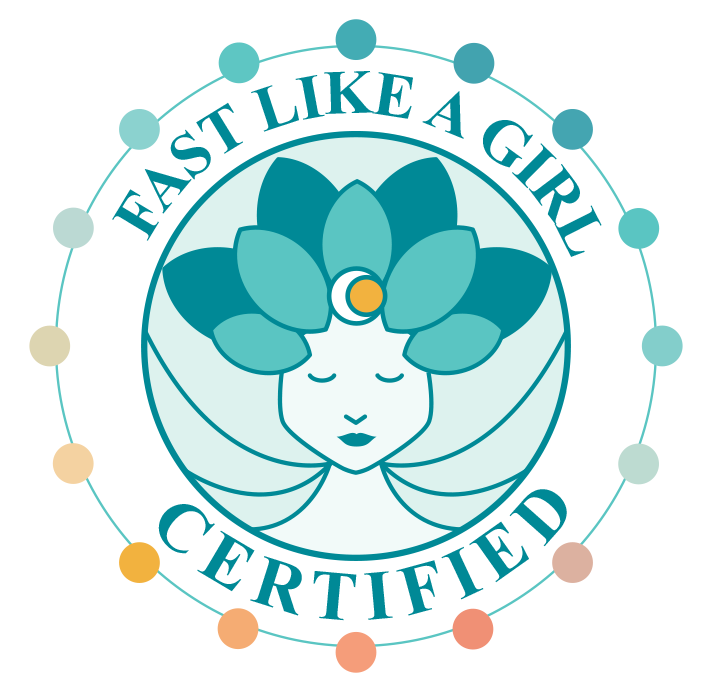Yes, there is a definite link. Neurodevelopmental delay and Acetaminophen
Attention Deficit Hyperactivity Disorder – ADHD – trouble paying attention, controlling impulsive behaviors, or being overly active
Autism – ASD – deficits in social communication and interaction and restricted, repetitive behaviors, interests, or activities
Acetaminophen, sold as Tylenol in the US, Paracetamol in the UK, Panamax in Australia
2022 Analysis from William Parker, PhD, et al
“Many healthcare industry professionals find it inconceivable that one of the most popular drugs ever is causing one of society’s thorniest behavioral problems” – Parker
Despite worldwide acceptance of acetaminophen as a necessary medicine in the field of pediatrics, evidence that early life exposure to acetaminophen causes neurodevelopmental injury in susceptible babies and children has mounted for more than a decade. Evidence is diverse, including extensive work with laboratory animals, otherwise unexplained associations, factors associated with the metabolism of acetaminophen, and some limited studies in humans.
Clinical and Experimental Pediatrics June 2023
In addition, these findings have implications for adult use of acetaminophen (Tylenol) as well.
Summary of Findings in Infants & Children
- Despite its demonstrated toxicity to the nervous system in newborn laboratory animals, acetaminophen was tested in babies only for acute side effects, and not for nervous system development.
- Circumcision, for which acetaminophen is often taken as a painkiller, is associated with a dramatic increase in the risk for ASD.
- An unexpectedly high incidence of ASD was found in South Korea, where pediatric acetaminophen products often contained quantities of the drug that exceed recommended levels.
- Analysis of 61,430 babies in the Danish National Birth Cohort uncovered an increased risk of ASD of up to 66% after postnatal exposure to acetaminophen.
- Acetaminophen administered to reduce vaccine side effects was associated with ASD, even when vaccination alone was not.
- Factors known to enhance the toxicity of acetaminophen were associated with a higher risk of ASD. Genetics, for example, may affect an individual’s ability to eliminate acetaminophen from the body before it can cause harm.
- Oxidative stress can also exacerbate the drug’s effects. Conditions that induce oxidative stress include infections and various drug treatments. Parker noted that fasting enhances acetaminophen toxicity, a potential problem when a baby is too sick to eat.
- Acetaminophen use in early childhood is associated with a dramatic increase in ASD based on a small, case-controlled study.
BOOM! Each point is enough to rattle your confidence in the use of this popular drug that most people think is safe to give to their children. Doctors recommend it, yes?
After all, in the 1980’s there was a national campaign to replace aspirin for children with acetaminophen. Who suspected then that acetaminophen would also be toxic to young ones?
If that’s not enough to send you searching for natural solutions, then consider that kids are not the only ones being affected.
Acetaminophen Effects on Adults
This study went on to show that many of the cognitive and social hallmarks of ASD are also seen temporarily in adults who have taken acetaminophen.
REPEATITION FOR EMPHASIS: Many of the cognitive and social hallmarks of ASD (deficits in social communication and interaction and restricted, repetitive behaviors, interests, or activities) are also seen temporarily in adults who have taken acetaminophen.
Specifically, the study states:
APAP use in adults temporarily blunts social trust (106) and awareness (107), emotional responses to external stimuli (108), and the ability to identify errors (109), indicating that the drug targets regions of the brain affected in patients with ASD.
Clinical and Experimental Pediatrics June 2023
Social trust: acetaminophen usage was negatively associated with neighborhood trust and feelings of social integration.
Awareness: acetaminophen reduces behavioral and neural responses associated with the pain of social rejection, demonstrating substantial overlap between social and physical pain.
Emotional responses to external stimuli: Participants who took acetaminophen evaluated unpleasant stimuli less negatively and pleasant stimuli less positively, compared with participants who took a placebo. Participants in the acetaminophen condition also rated both negative and positive stimuli as less emotionally arousing than did participants in the placebo condition.
Ability to identify errors: Results show that acetaminophen inhibits the Pe [error-related positivity], but not the ERN [error-related negativity], and the magnitude of an individual’s Pe [error-related positivity] correlates positively with omission errors, partially mediating the effects of acetaminophen on the error rate. These results suggest that recently documented affective blunting caused by acetaminophen may best be described as an inhibition of evaluative processing.
A World of Distrust, Lack of Empathy, Inability to Evaluate
How often does the average person take acetaminophen? How long does it stay in their system?
People are walking around like zombies just from this popular drug with no clue why they are so out of touch!
If this is not enough for you to completely avoid acetaminophen, then you are probably in pain and wondering how to get relief without it.
The Natural World has had answers forever.
It often is not as simple as popping a pill. It takes listening to your body and discovering what might be causing the inflammation, discomfort or pain.
But there are ways to get to the bottom of pain and not have to suffer.
Call me at 928-649-9234 to chat about what that might look like for you.





